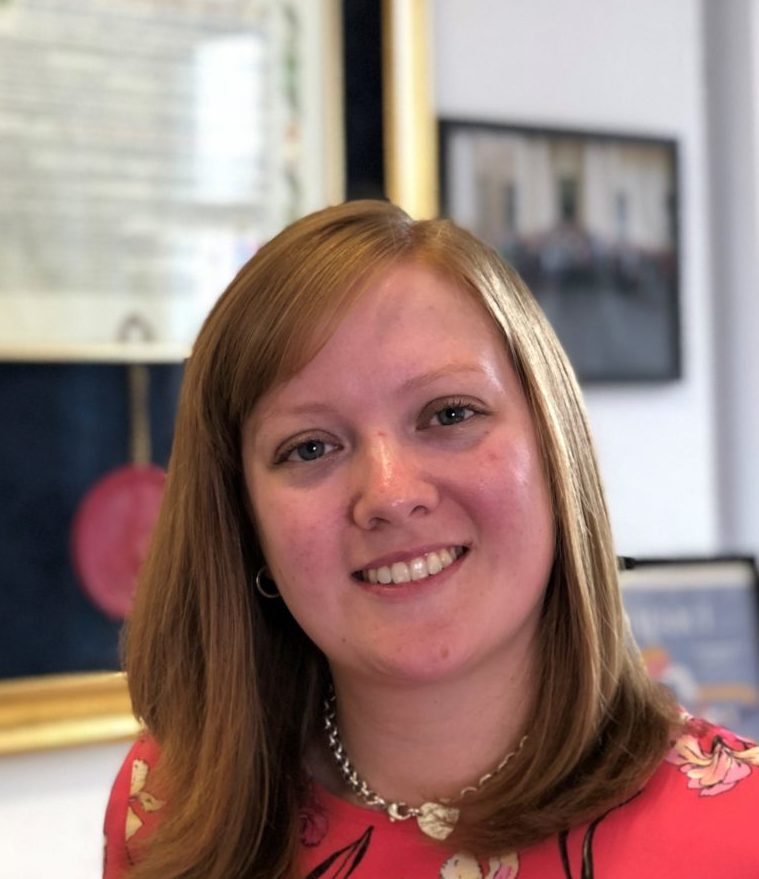This month we welcome Rebecca Nobes, Head of Spanish to the Teaching Languages Today Blog with her reflections on the Ofsted Framework…
Having read the new Ofsted Framework, all in all I am feeling positive. I’m really encouraged by the way in which it outlines all the things that they will not be expecting early on, a great reference for teachers who feel like their school is requesting certain things in the name of Ofsted. What is especially pleasing is that in mentioning that they don’t expect certain types of planning, feedback or teaching style Ofsted are hopefully freeing teachers to do things in a way that works for their school or department.
From an MFL point of view, one particular quote from the framework stands out to me and demonstrates the importance of language learning in the curriculum:
‘The knowledge and skills that pupils need in order to take advantage of the opportunities, responsibilities and experiences of later life’
What is MFL doing if it is not preparing them for just that? The ability to communicate, to travel, to meet people, to learn and work in diverse teams.
One point that may cause concern is the reminder of the government’s national target of 75% of year 10 students nationally in 2022 studying EBacc courses. The worry being that students may be pushed into taking a GCSE in a language that may not be the best for them. The framework does point out that this is an ambition and shouldn’t be used as a target for any individual school, but it could easily happen.
Freedom for departments
I am also encouraged by the assertion that schools that have taken radically different approaches will be judged fairly so long as they have clearly thought of the structure, sequencing and content and that it has been well implemented. The framework also mentions that schools should ensure that they are teaching the content that they have identified as being most useful. For MFL this signals that it is safe to step away from the same schemes of work that we have been using for years, based on outdated topics and building towards the old GCSE. It gives the freedom for departments to change their approach, as long as they are building to clear goals at the end. The handbook also mentions committing knowledge to long term memory on more than one occasion, ensuring to mention that this doesn’t come down to learning a list of facts. It describes learning as an alteration in long term memory and the importance of building knowledge on what came before. I think this gives us a good opportunity to take a critical look at our MFL curriculum and ensure that we are recycling and building upon our students’ linguistic knowledge as much as we possibly can be. This is something that many departments have already begun and, as the handbook mentions, developing and embedding these changes takes time and this will be taken into consideration.
Step off the assessment treadmill
Another encouraging point worth consideration is Ofsted’s views on assessment. That is, that there shouldn’t be a specific frequency with which this is done and they even note that data drops should be limited to just a few times a year to avoid unnecessary workload. To me this signals an opportunity for MFL departments to step off of the never ending assessment treadmill of teach a module, assess a module, teach the next module and so on. If we can design our assessment in a way that means students don’t see each module as separate from the ones that came before and after we could really help them to retain the language in the long term. If we can do this, then we can be free to build a more ambitious curriculum, allowing students to use a wider range of language on more interesting topics rather than being narrowed by the existing schemes and assessments. It will require some adjustment, there’s no doubt, but if we can raise students’ motivation to study a language and help them achieve more, then it must be worth it.
A pleasing step in the right direction
All in all, the new Ofsted frame work gives MFL departments the opportunity to teach their KS3 however they see fit and allowing for potentially more creative and ambitious curriculum designs that motivate students to want to learn languages. A pleasing step in the right direction.
Rebecca Nobes is Head of Spanish at The Boswells School in Chelmsford, Essex. She runs #MFLchat on Twitter on Monday evenings from 8.30-9pm. She is a council member of the Chartered College of Teaching and is due to be awarded Chartered Teacher status in July. She can be found at @BexN91 on twitter or www.learninglinguist.co.uk


